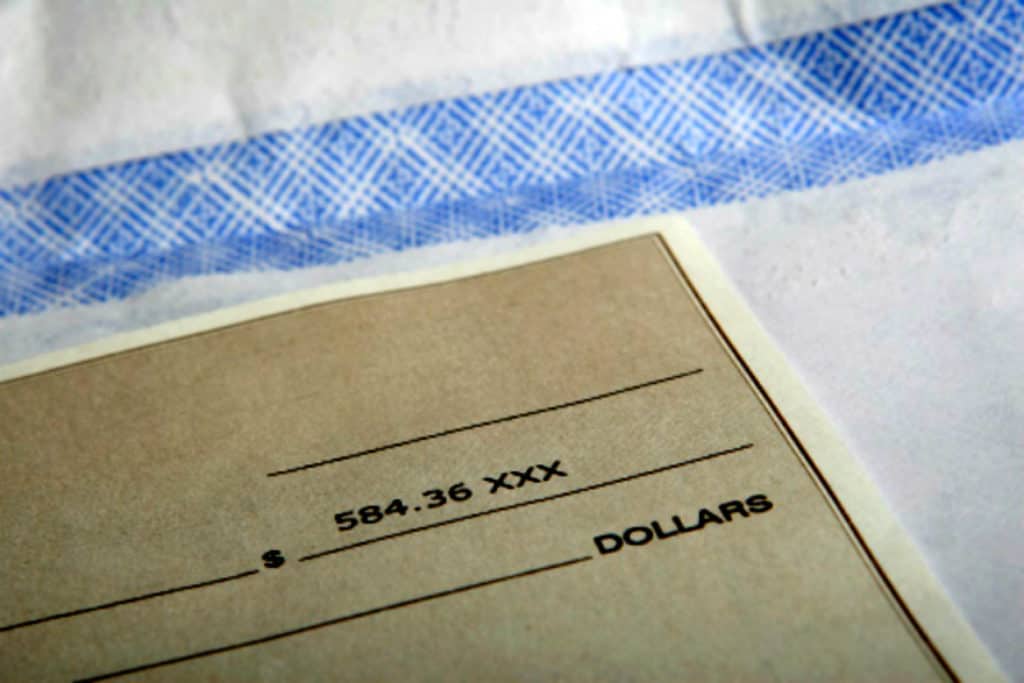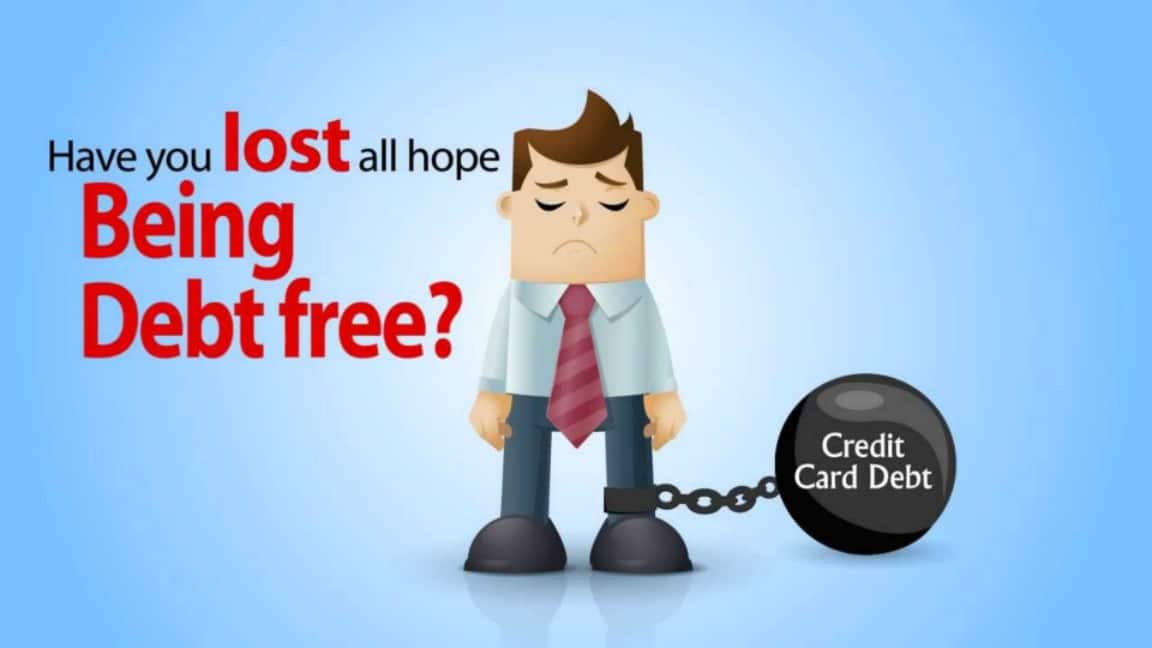 I want to save money but how? Introduction
I want to save money but how? Introduction
Many Canadians struggle with saving money. When people come to see us, they always say “I want to save money but how?”. They live from paycheque to paycheque and have no rainy day fund. This is a recipe for financial disaster, akin to walking a tightrope without a net.
I want to save money but how? How can you start saving money?
Before you can save money you need to know what you’re spending on. Make a list of everything that you spend money on – even small things. You may be shocked to learn where your money’s going. Then go on a shopping diet.
I want to save money but how? What is a shopping diet?
A shopping diet is no different from going on a food diet. Determining what to cut out or cut back on is tricky business. You need to reduce spending significantly to save, but still leave yourself a little money to buy some extras or you’ll never stick to it. It takes willpower and self-control. Dieting is not fun, but it beats the alternative.

I want to save money but how? 12 tips for going on a shopping diet:
- If you’re still smoking, stop now! In addition to the serious health ramifications, a pack a day habit/month can cost as much as a car lease, all of your utilities or a large part of your rent.
- Cut out or drastically cut back on designer coffee/tea. Did you know that a latte a day can set you back as much as $1,500/year?
- Swap department store face products for drug store face products. They’re just as good and you can save thousands.
- Review your plans – cell phone, cable TV, internet… and make sure you’re getting the best deals.
- Don’t automatically renew your car insurance and/or house insurance. Call around different to companies and brokers to make sure you’re getting the best prices.
- Go to a supermarket that offers the best deals or allows you to price match. Shopping at the most convenient place may add up to 25% to your grocery bills.
- Try a no-frills hair salon instead of a fancy salon. You’ll be shocked at how much you can save.
- Take public transit where possible instead of paying for gas and expensive parking.
- Cut back on your bar bills. Sharing a bottle of wine with dinner can cost more than the dinner. A few beers with your mates after work on a regular basis can add up to a pretty penny.
- Do you really need a new wardrobe? A few new pieces on sale may do the trick.
- Stay away from the make-up counter. How many lipsticks and eye shadows do you really need?
- Stop impulse shopping! Shop with a list and a purpose.
I want to save money but how? Do you need an experienced trainer to help you go on your shopping diet?
A shopping diet goes hand in hand with a budget. Now that you realize how much you can save by going on a shopping diet, you’ll be able to live within your means and save money.
If you feel like an out of control spender and are in serious financial trouble, or heading there, contact Ira Smith Trustee & Receiver Inc. today. We can help get you out of debt Starting Over, Starting Now. With immediate action and the right plan you’ll be on your way to debt free living and saving for the future.


 CREDIT SCORES ONTARIO
CREDIT SCORES ONTARIO





